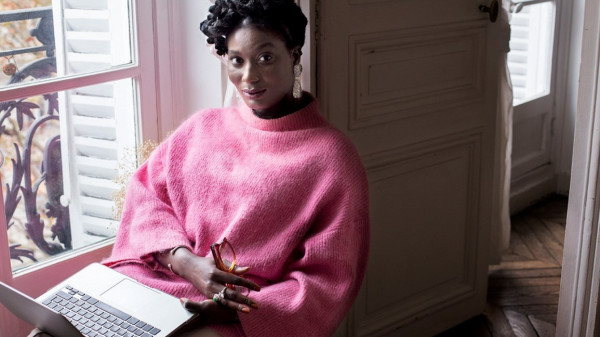At a time when more accessible options are needed, the stakes couldn’t be higher.
Let’s face it, therapy is inaccessible.
While there’s a demand for mental healthcare — over half of Americans surveyed in 2018 considered or pursued treatment — most Americans find it too expensive or hard to get.
Couple that with long wait times, social stigma, and the limited options when finding a therapist who can understand your lived experience (particularly when you identify as LGBTQ+, disabled, or a person of color), and there can be a mountain of additional hurdles.



